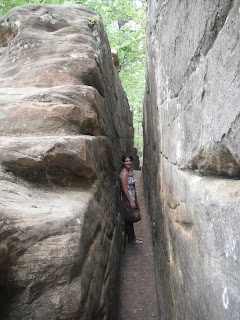Hello ENGAGEers!
Please take our survey http://www.surveymonkey.com/s/7ZBFPGR> for you about our human rights projects:
- Have you been following the ENGAGE human rights group but not sure how you can use a human rights framework in your own education or organizing work?
- Are you a student interested in learning more about human rights or getting others on your campus interested?
- Would you be interested in hosting a human rights workshop in your community, campus, workplace, or somewhere else?
- OR would you like to help develop workshop ideas and work with other ENGAGErs to use them around the country?
Please take this 5 minute multiple choice survey--we want to hear from you! See below for more history and context about this project
http://www.surveymonkey.com/s/7ZBFPGR
Based on several changes in the ENGAGE human rights working group --- the transitions report work currently wrapping up in Kentucky, as wellas personnel changes -- the working group has identified that our group is at a major transition point. Over the past year or so, the group's work hasbecome synonymous with the Kentucky project and collaboration with KFTC. However, as we no longer have a strong presence in Kentucky and thereforelimited capacity to build a long term base there, we are seeing a need to shift our focus away from place-based projects and toward the network. Ourvision is to develop into a a working group that integrates human rights into the ENGAGE network, whether it be collaborating with general members orbases on human rights based projects, developing or compiling human rights resources, or creating and facilitating human rights education.
Currently there is a group of HRWG members who is interested in creating human rights-based educational tools and workshops. Our interest is increating and implementing human rights education with bases and/or general members of the ENGAGE network. The first step in this process is surveyingthe network (you) to gauge interest in a project such as this. This 5 minute, multiple choice survey will ask your opinions about what you’d liketo see in a human rights workshop and what kind of support you’d need to pull one off. It will also ask if you are interested in working as a memberof our group to develop this workshop campaign. We look forward to hearing from you!
Again, that's http://www.surveymonkey.com/s/7ZBFPGR
You can also contact humanrights@engagetheworld.org for more information!
Love,
Your Human Rights Working Group




